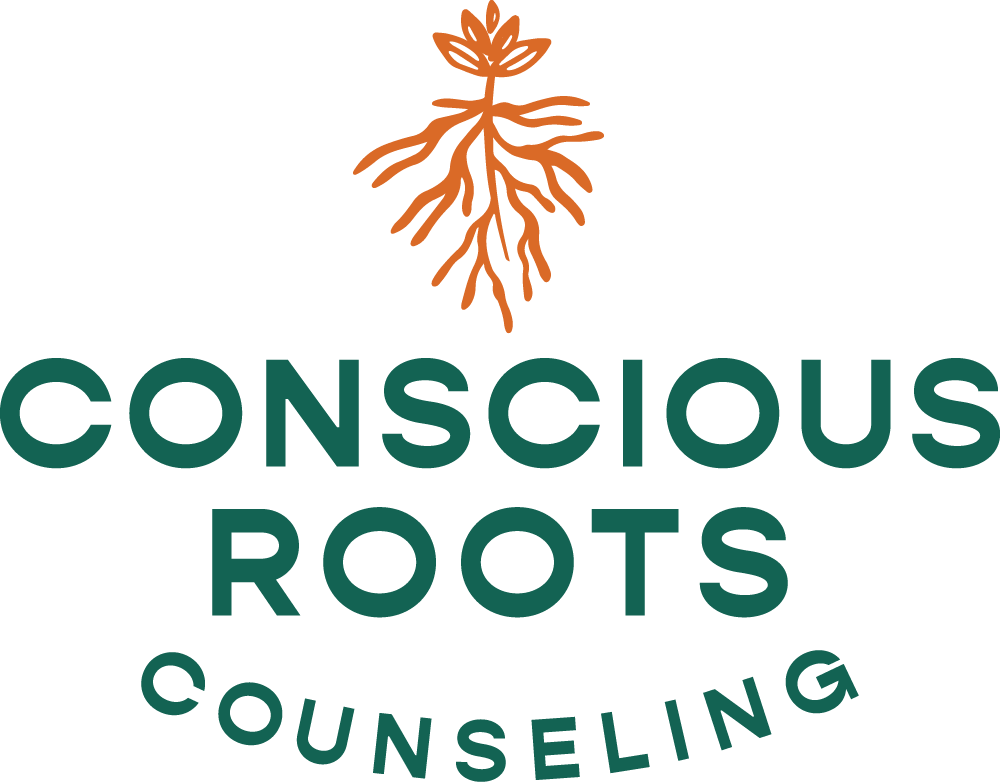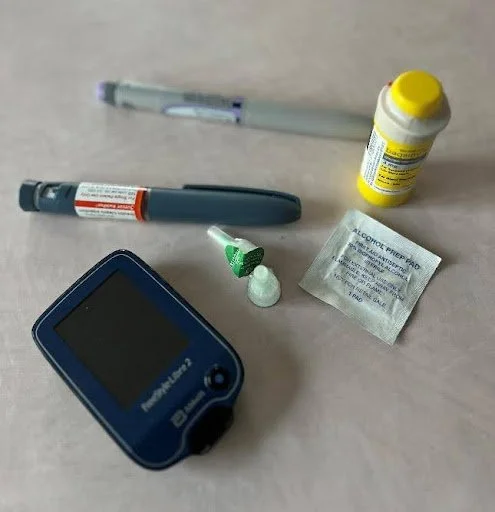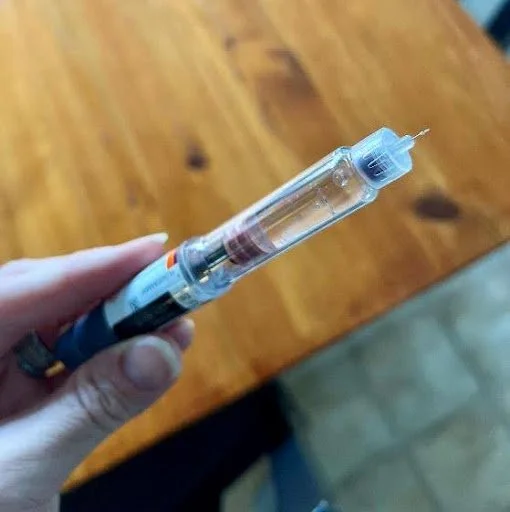Managing Mental Health with Type 1 Diabetes (T1D)
Having a chronic illness takes a toll on the body and mind.
Type 1 Diabetes (T1D) is an invisible disease. You can’t look at someone and know they have it or fully grasp the toll it takes on their physical and mental health. Yet, this chronic illness (meaning, it cannot be cured) requires attention 24/7, 365. If not treated properly, the result can be deadly. Thus, for people with T1D, the mental load is great.
This subject is near and dear to my heart. I was diagnosed with Type 1 Diabetes at age 16 at Cincinnati Children’s Hospital Medical Center. I also have a daughter who was diagnosed at age 11 at Cincinnati Children’s by the same doctor who had diagnosed me decades earlier. Luckily, we have supportive family and friends, good healthcare providers, and health insurance to help lighten the load.
As a therapist who has T1D, I see great value in seeking support, practicing self-care, and getting involved in community resources such as:
Local support groups in Cincinnati and beyond
Virtual support groups
Organizations such as:
A Few of the Struggles with Type 1 Diabetes
Most People Just Don’t Get It
Many factors make Type 1 Diabetes difficult to bear. For one, it is often misunderstood. Most people think of Type 2 Diabetes when they hear the term “diabetes” because according to the World Health Organization, more than 95% of people with diabetes have Type 2. For example, I’ve been told, “You should try this new diet, it makes diabetes go away.” Not true. T1D is a chronic illness, meaning there is no cure, regardless of diet. I’ve been asked, “You can’t eat that dessert…right?” Wrong. People with T1D can eat anything—it just requires the proper dosage of insulin to counterbalance the amount of carbohydrates ingested. It can become difficult finding the correct dosage if the nutrition label is not provided. There’s a myth that T1D is caused from eating too much sugar or an unhealthy diet. Not true. According to the World Health Organization (WHO), the cause and prevention are unknown. Whereas, an unhealthy diet, lack of exercise and genetics can contribute to the development of Type 2 Diabetes.
Type One Diabetes (T1D) is Expensive
I recently (not by choice) changed health insurances which resulted in the denial of coverage for several of my prescriptions, hours of internet searches, and phone calls to the insurance company, supply manufacturers, pharmacists and doctors. All told, my family pays an extraordinary amount of money for treatment, with insurance. The cost (multiplied by two since there are two of us in the household with the disease) includes specialist doctor visits every three months, blood draws to ensure our organs and body systems are functioning as normal, insulin, a device for administering the insulin such as an insulin pump or insulin pen, needles for the pens, a device to determine blood sugar and several more items.
These aren’t one-time costs. They are monthly costs that never end. The equivalent is a yearly college tuition.
Type One Diabetes (T1D) Requires Constant Attention
One can’t eat, be physically active, experience stress, a common cold or even sleep without calculating the impact on the body’s blood sugar levels. There is a constant delicate balancing act between insulin and carbohydrate intake. If too much insulin is taken, blood sugar levels drop, resulting in symptoms from shakiness and sweating to loss of consciousness and seizures. If not enough insulin is taken, blood sugar levels rise resulting in symptoms from increased thirst and fatigue, to coma. Again, luckily, I have not experienced the worst symptoms of hyperglycemia (high blood sugar) or hypoglycemia (low blood sugar). I have remained vigilant with my blood sugar levels and I am able to tell when I am experiencing hyper- or hypoglycemia. Some people, however, are unable to feel it in their bodies or manage tight control over their blood sugar levels even with the best equipment and vigilance.
Mental Health and Type One Diabetes (T1D) Support
Hopefully, I did not scare you with the pains associated with this disease. My intention is not to cause anxiety or panic or gather pity. Rather, I think it is important to tell the whole story and not minimize the details. The truth is many suffer a great deal due to the toll this disease takes on the body and mind.
People with T1D and people who love someone with T1D require support.
Many with T1D (unfortunately, not all), are able to get proper physical healthcare for diabetes from a specialist called an endocrinologist. However, many, if not most, do not get the mental health support they need and deserve.
Help for People with Type 1 Diabetes and Their Loved Ones
It can be difficult finding mental health clinicians who understand the disease. This is where I come in. As an Ohio licensed professional clinical counselor (LPCC) and therapist who has direct experience not only having the disease but having a child with the disease, I am passionate about providing support to those in Ohio struggling with T1D. While I am not a physician or healthcare provider who can speak to the physical intricacies of the disease, I can provide input about the mental and emotional impact. Not only can I provide empathy to those with T1D (or their loved ones), but as a mental health counselor, I am equipped with therapeutic approaches to combat depression, anxiety, trauma and more. I work extensively with clients to increase coping skills, strengthen resilience and capacity for healing, make meaning of the challenges, build self-compassion and understand the complexity of the disease. I use a combination of approaches including Cognitive Behavioral Therapy (CBT), Trauma Focused CBT, Person-Centered Therapy, and am training in Eye Movement Desensitization and Reprocessing (EMDR) therapy to help clients improve their mental health.
Everyone Struggles from Time to Time: You Are Not Alone
The most important message I can communicate is that if you or someone you love is struggling with Type One Diabetes (T1D), know that you are not alone, and I am here to help. There is strength and courage in reaching out for support. If the burden feels too heavy to bear, help is only a phone call away. Conscious Roots Counseling, located in Blue Ash, Ohio is a warm and welcoming private practice tucked in the woods near Summit Park. I often have immediate availability and will make time to listen closely and understand your struggle.
More importantly, I will help you find ways to better manage the mental and emotional load.


